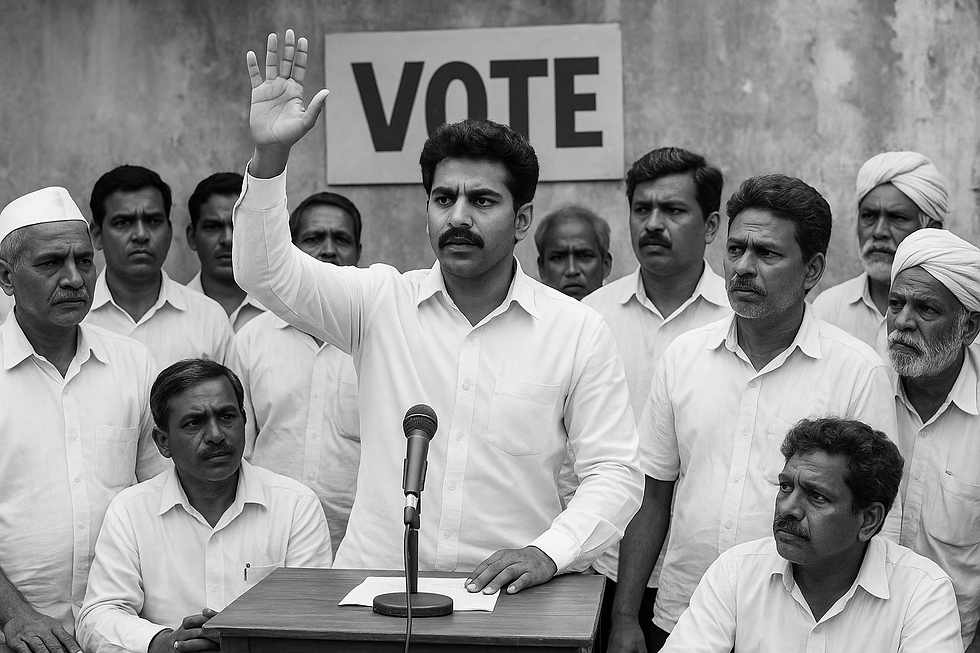Supreme Court Upholds Appointment of Technical Assistants as Engineers in Tamil Nadu: Legal Insights and Implications
- Chintan Shah

- Apr 19, 2024
- 2 min read
Case Summary
Case Title: Association of Engineers and Others vs. The State of Tamil Nadu and Others
Court: Supreme Court of India
Date: April 16, 2024
Citation: 2024 INSC 306
Background
The legal case involves multiple civil appeals brought by the Association of Engineers and others against decisions related to the appointment of Technical Assistants as Assistant Engineers in the Public Works Department (PWD) of Tamil Nadu. The original dispute traces back to various government orders and judicial proceedings over the eligibility and appointment methods of Technical Assistants and other similar categories within the engineering services of Tamil Nadu.
Key Legal Issues and Statutory References
The legality of Appointments: The primary legal question revolves around whether Technical Assistants can be appointed as Assistant Engineers without being part of the formal feeder category as defined by relevant service rules.
Statutory Rules Involved:
Tamil Nadu State and Subordinate Service Rules
Special Rules for Tamil Nadu Engineering Service
Government Orders (G.O.): Specific orders, such as G.O. Ms. No. 1 (1990) and G.O. Ms. No. 88 (1991), allowed certain appointments without TNPSC consultation.
Summary of Judicial Decisions
High Court of Madras: Initially, the High Court had set aside the appointment of Technical Assistants as Assistant Engineers, stating that such appointments couldn't be validated unless statutory rules were amended to include Technical Assistants as a feeder category.
Supreme Court Decision:
The Supreme Court noted that several previous orders and governmental decisions had allowed for the contentious appointments, suggesting an established administrative practice albeit potentially lacking a formal rule-based sanction.
The Court observed that the Technical Assistants were not aiming to fill positions reserved for direct recruits but were rather competing for a distinct quota. This differentiation was crucial in considering the applicability of service rules.
Substantial time had passed, and many of the contested appointees had either retired or were close to retirement, which influenced the Court's decision on the disruptiveness of overturning established positions.
Court's Conclusion
The Supreme Court dismissed the appeals, holding that interfering at this late stage would unsettle the long-standing status quo, which had integrated the Technical Assistants into the cadre of Assistant Engineers. The Court invoked principles of equity and practicality in its decision, avoiding a strict rule-based approach due to the evolved complexities and the state's administrative practices. The judgments from previous cases and the government's executive actions were deemed sufficient to uphold the appointments made over the years.
Implications
These details outline a complex interaction between administrative decisions, statutory rules, and judicial interpretation. The case illustrates how legal precedents, government policy, and practical considerations can intertwine in public service employment matters. It also highlights the role of the judiciary in balancing strict legal interpretations with practical administrative needs and existing practices.



Comments